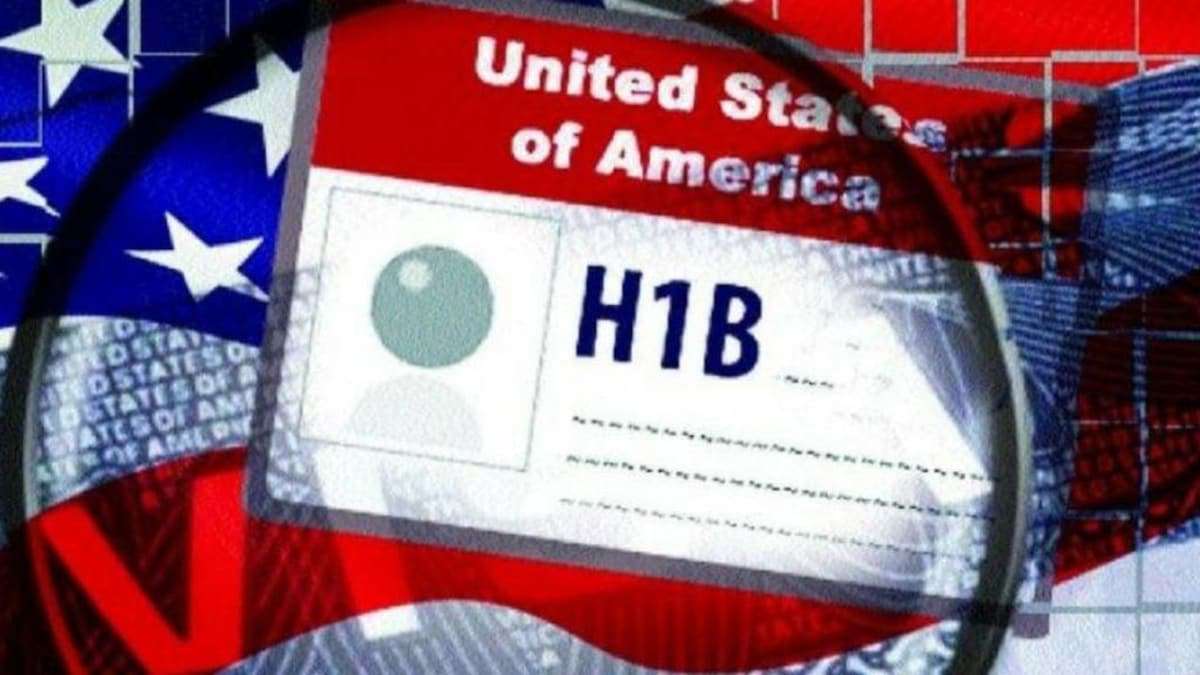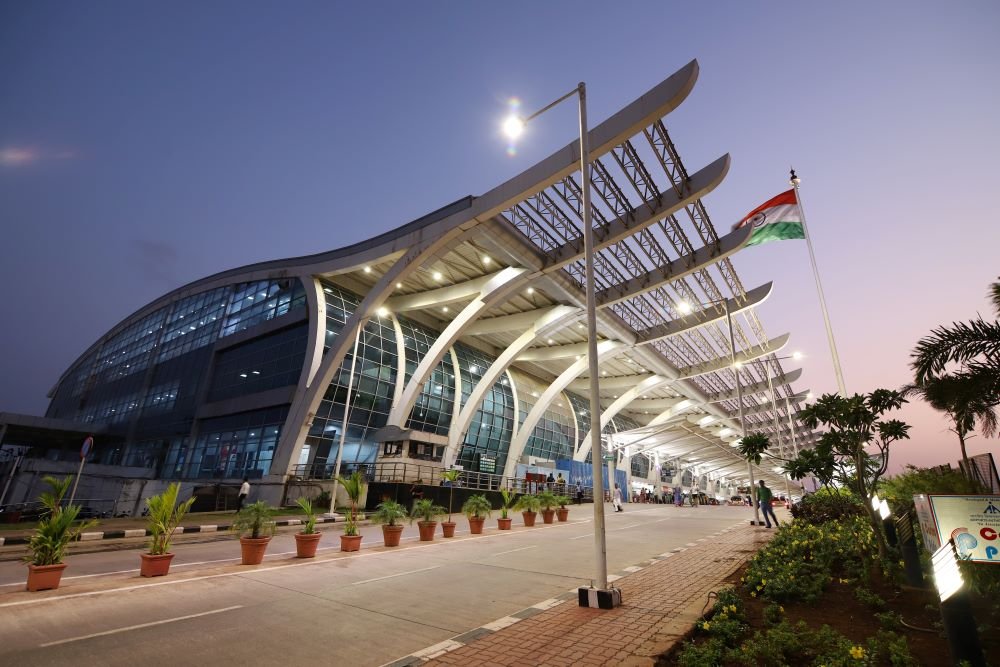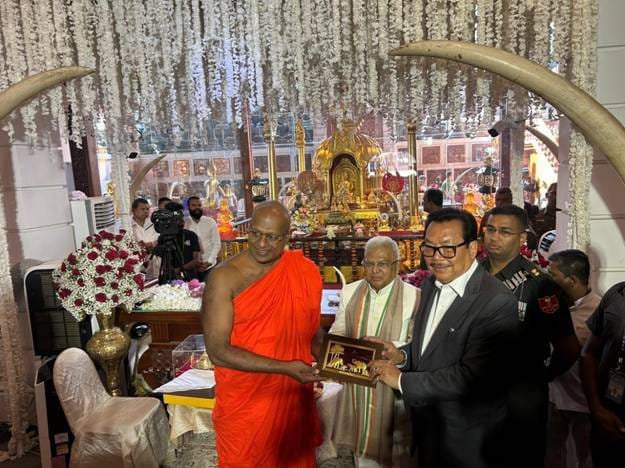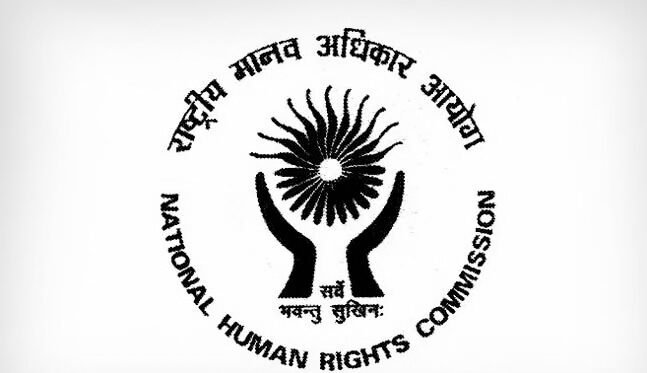Proposed US remittance tax may impact millions of non-citizen Indians sending money home
A new legislative proposal in the United States, officially titled ‘The One Big, Beautiful Bill’, is raising alarms among the Indian diaspora, particularly Non-Resident Indians (NRIs) living in the US. The bill introduces a 5% tax on all remittances sent outside the US by individuals who are not American citizens, potentially making it more expensive for NRIs to support their families back in India, reported gujaratsamachar.com.
The proposed 5% levy could result in thousands of dollars in annual additional tax outflows for Indian residents in the US.
For example, if an Indian national sends ₹1 lakh ($60) to the Internal Revenue Service (IRS). This provision could especially burden individuals on temporary work visas who regularly remit money to their families.
The bill has been positioned by Republicans as part of a larger pro-family, pro-worker economic agenda.
Ways and Means Committee Chairman Jason Smith described it as aligned with former President Trump’s vision to boost domestic prosperity by prioritizing working American families.
But why are Indians disproportionately affected? Indians are the second-largest foreign-born group in the US, trailing only Mexicans. According to the Migration Policy Institute (MPI), they constitute 6% of America’s 47.8 million foreign-born residents as of 2023. Additionally, the Indian Ministry of External Affairs estimates that around 4.5 million overseas Indians live in the US, including 3.2 million Persons of Indian Origin (PIOs). Most of them are either on work visas like H-1B and L-1 or hold green cards but are not yet US citizens, placing them squarely within the scope of this new tax.
As the bill moves through legislative processes, concerns among NRIs are mounting, with many viewing it as an unfair financial penalty on immigrants who actively contribute to both US and Indian economies.











